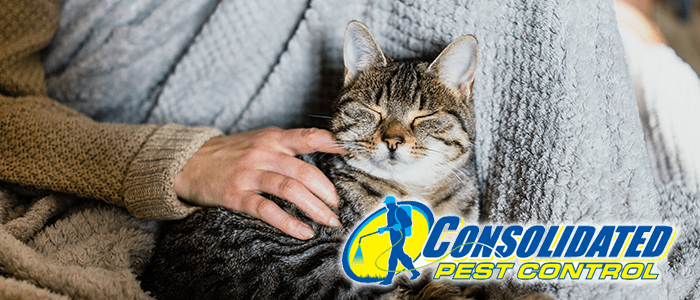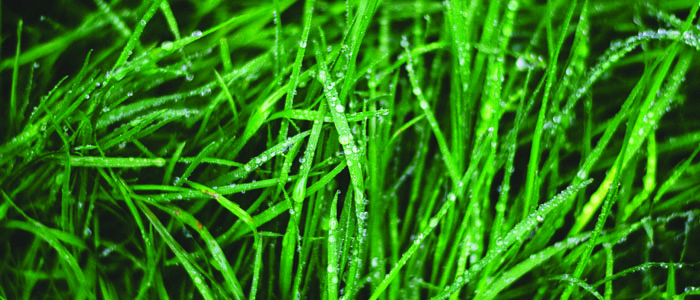
What Should I Do If My Cat Eats a Mouse
Cats have been our companions for a long time. While they aren’t quite as domesticated as dogs (yet), they have been working animals for about as long. One of the original functions of the cat in the human home was to hunt mice… So it might seem strange to worry about a cat eating a mouse at first. However, there may be some good reasons to show concern for your feline friend. If your cat has never eaten a mouse before, or you’re noticing this happen more often… Well, there are a few reasons you might want to be concerned. This article will cover what to do when your cat eats a mouse. We’ll also answer a few common questions.
First Thing’s First
Don’t panic! Screaming and hollering and chasing your cat around will only confuse it and stress it out. Chances are, these kinds of theatrics will do more harm to your cat than a mouse would. Are there situations where a mouse could hurt your cat, though?
Can My Cat Get Rabies from a Mouse?
No. The odds of a mouse surviving with rabies long enough to bite your cat are very low. Your cat should also be vaccinated against rabies anyway, with regular upkeep to keep its shots current. Even eating a rabid mouse wouldn’t give your cat rabies. Mice and small rodents are often too small for the virus to be transmissible in them before it kills them. If you’re still concerned, keep in mind rabies has an incubation period of weeks to months. You should have plenty of time to get your pet vaccinated.
Can Mice Poison My Cat?
There’s a pretty common myth of mice eating poisoned bait traps and getting eaten by a cat. The myth goes that the poison inside the trap will seriously wound or kill the cat, too. Though it is technically possible for a cat to get sick this way, your cat would likely need to eat a great deal of poison to get hurt. So if your cat gets sick while you have baited traps out, be sure to mention this to your vet.
Could My Cat Get Sick?
Absolutely. This is one of the more likely scenarios to be concerned about. There are many diseases your cat could catch from eating a mouse. Be sure to watch your cat for any changes in mood, behavior, etc. Watch your cat to be sure it doesn’t have diarrhea or vomiting. After any signs of these, be sure to visit a vet. Mice can transmit diseases like toxoplasmosis, tapeworms, or roundworms. Monitoring your cat’s health and responding to any negative changes promptly will make all the difference in the world.
After your cat eats a mouse, ignoring a health problem could be very dangerous, very costly, and very tragic. While it isn’t the most likely thing to happen in the world, you should be aware of exactly what kinds of traps are around your home and how your cat is doing health-wise. While cats have been used for catching mice for centuries, times are different. You can rely on traps or professional treatment to eliminate your mouse problem.
You can visit our website to learn more about removing mice from your home, or give us a call and let us take care of them. We’d be happy to help you, and your cat enjoy a mouse-free life!








